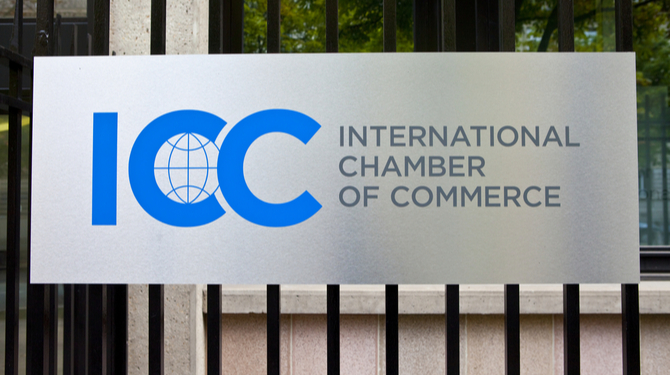Sign up for our free daily newsletter
YOUR PRIVACY - PLEASE READ CAREFULLY DATA PROTECTION STATEMENT
Below we explain how we will communicate with you. We set out how we use your data in our Privacy Policy.
Global City Media, and its associated brands will use the lawful basis of legitimate interests to use
the
contact details you have supplied to contact you regarding our publications, events, training,
reader
research, and other relevant information. We will always give you the option to opt out of our
marketing.
By clicking submit, you confirm that you understand and accept the Terms & Conditions and Privacy Policy
Hong Kong has taken a step further towards lifting prohibitions on the use of outcome-related fee structures (ORFS) for arbitrations following the publication of an official report setting out reform proposals.
The Law Reform Commission (LRC) has approved the recommendations of a sub-committee established to investigate ORFS, including conditional fee agreements (CFAs) and damages-based agreements (DBAs).
Co-chaired by two Herbert Smith Freehills lawyers – partner Kathryn Sanger and consultant Briana Young – the committee’s report followed a consultation launched in December 2020 that elicited overwhelming professional support for reform.
The committee looked at CFAs, DBAs and so-called hybrid DBAs – no win, low-fee arrangements – and conducted a review of leading jurisdictions.
While lawyers in Hong Kong are prohibited from entering into ORFS for litigation and arbitration proceedings, other jurisdictions – including Singapore – have adopted reforms, or are about to, potentially leaving the Special Administrative Region at a disadvantage.
The report concluded the ban on no-win, no-fee agreements and their ilk in arbitration and related proceedings should be lifted for ease of proceedings and enforcement but that their use should not be extended to proceedings in Hong Kong’s courts.
"For Hong Kong to remain a world-class arbitral jurisdiction, its lawyers should be able to offer parties the same fee flexibility as other major seats, a flexibility that clients are increasingly demanding," said Young.
The report made a number of technical recommendations, including on the level of success fees charged under Hong Kong ORFS, limiting them to 100% of normal benchmark costs, equivalent to the position in England and Wales. It also said costs under DBAs should be capped at 50% of the financial benefit, again similar to the position in London.
Sanger said: “Parties, understandably, like their lawyers to have a stake in their arbitral success – some 'skin in the game'. The proposed reforms make that possible, within a framework of strong regulation to protect them."
The proposals will now be studied by the Special Administrative Region’s Department of Justice (DOJ), with a view to seeking legislative amendments to Hong Kong law, which a new Legislative Council, elected last week, will consider in due course.
In a statement, the DOJ said: “Once it is decided to adopt the recommendations, the department will take forward the legislative amendments as soon as possible."
Market reaction was positive. Emily Tillet, Hong Kong-based vice president at Burford Capital, said the proposed reforms were “demonstrably beneficial for both law firms and their clients” bringing Hong Kong in line with other global arbitration hubs including Singapore.
“As law firms take on more client risk, we are confident they will welcome risk-sharing partners like Burford Capital,” she added.
Jern-Fei Ng QC, an arbitrator member at Temple Chambers, agreed. “Implementation of the recommendations can only solidify Hong Kong’s popularity as one of the leading arbitral seats in the world” he said, adding that the reforms would “widen the spectrum of ways in which a party can pursue a meritorious claim in arbitration".
Other members of the committee included Hong Kong Law Society president C.M. Chan, former Allen & Overy co-head of arbitration Matthew Gearing QC, now of Fountain Court, and Benny Lo and José-Antonio Maurellet SC, of Des Voeux Chambers, both respected commercial barristers.
Email your news and story ideas to: [email protected]











